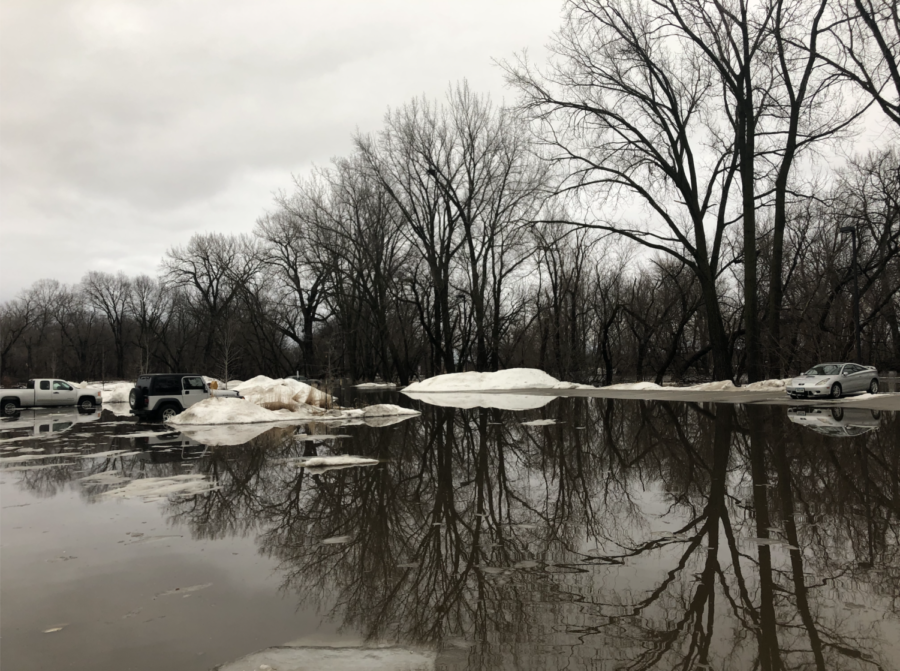Letter: Iowa disasters necessitate preventative strategies
Letter writer Graham Hanson believes senators need to vote to invest more money in preventative strategies to help decrease costs and increase safety during times of extreme weather.
December 10, 2019
Over the past decade, we have watched as extreme weather and natural disasters have become more frequent and intense. Flooding has now become our country’s most costly natural disaster — devastating property, destroying infrastructure and taking lives.
Iowa saw $2 billion in damages this year alone.
We know that we need to be smarter about how and where we build. The first step in this process is recognizing that the data we use to plan and build our communities is critical.
As climate change and extreme weather intensifies, historical flood data has become increasingly obsolete. Many of the worst floods we have witnessed in recent years (such as the flooding that followed Hurricane Harvey in Texas) were exacerbated because communities had relied on data that left them vastly underprepared for the severity of current conditions.
Additionally, current policy incentivizes rebuilding to the exact same standards after a disaster — a circular practice that puts more homes, businesses, critical infrastructure and lives at risk.
Preventative strategies are among the most effective tools we have to combat these growing problems. Investing in these strategies can dramatically reduce the severity and costs of extreme weather events.
Tools such as predictive flood modeling can help communities prepare for extreme events. Stream and floodplain restoration projects can safely divert and store floodwaters. Low Impact Development techniques such as using permeable paved surfaces allow storm water to be contained on-site. Good policy is one of our most powerful tools.
I urge Sens. Grassley and Ernst to support bipartisan legislation in the U.S. Senate that would invest more money in flood mitigation and community planning efforts.
One example of this is the creation of a State Flood Mitigation Revolving Loan Fund (S. 2192), modeled after the successful Clean Water and Drinking Water revolving loan funds, which would provide low-interest loans to local communities to complete flood mitigation projects.
I hope our senators consider cosponsoring this important legislation so we are safer the next time floodwaters begin to rise.

















